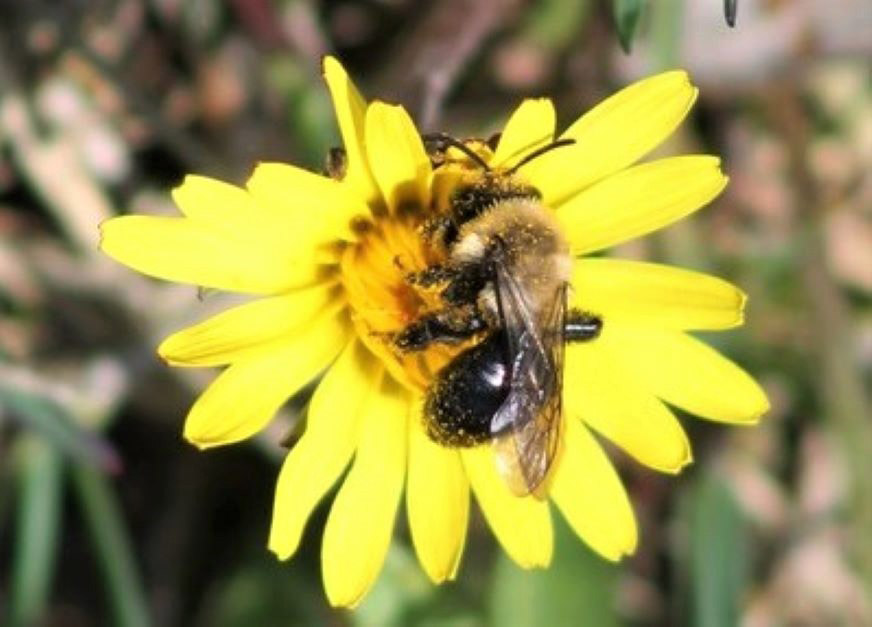The Environmental Protection Agency on Tuesday issued seven-year registrations for popular herbicides Enlist One and Enlist Duo, while promising to begin interagency endangered species consultations before issuing pesticide registrations for new active ingredients.
The agency said the new registrations for Corteva’s herbicides include "robust control measures to protect non-target plants and animals,” such as by prohibiting their use in counties where EPA identified risks to on-field listed species that use corn, cotton or soybean fields for diet and/or habitat.”
Enlist One contains 2,4-D, while Enlist Duo contains both glyphosate and 2,4-D. Both products, registered for use on corn, soybeans and cotton in 34 states, were scheduled to expire this month.
The final registration decision can be found at the docket. A Q&A on the products is here.
EPA said it determined that use of the herbicides is “likely to adversely affect listed species but will not lead to jeopardy of listed species or to the destruction or adverse modification of designated critical habitats,” as defined by the Endangered Species Act.
The agency’s ecological assessment “found direct risks to non-listed and listed plants” from runoff, as well as risks to animals “that rely on these affected plants for diet or habitat, including non-listed and listed animals and some designated critical habitats.” The assessment also found “direct effects to bees and listed species that use corn, cotton, and soybean fields for diet and/or habitat.”
EPA said that based on these findings, it is requiring protective measures as a condition of the product registrations. They include:
- “Prohibiting Enlist product application when rainfall is expected to occur within 48 hours and when soil can no longer absorb water;
- “Prohibiting irrigation that would result in runoff within 48 hours of application of the Enlist herbicide products;
- “Requiring users to select from a list of runoff reduction measures to reduce 2,4-D and glyphosate concentrations in runoff, while also providing users with flexibility;
- “Minimizing Enlist product application when soybean and cotton crops are in bloom to reduce risks to insect pollinators, such as honey bees; and
- “Requiring the registrant to develop and provide mandatory education and training materials that emphasize the importance of pollinators and pollinator habitat for species including, but not exclusive to, monarch butterflies.”
Lori Ann Burd, environmental health director at the Center for Biological Diversity, a frequent litigant in pesticide cases, said “it’s good that the EPA is finally putting at least some on-the-ground measures in place to protect the nation’s most endangered species from these highly toxic products.”
But she added, “We are deeply concerned that the agency failed to complete consultation with the Fish and Wildlife Service during this process and we hope that the service will step in fast to ensure that the nation’s most endangered plants and animals are adequately protected.”
Corteva Agriscience said it was "pleased that [EPA] has completed the Enlist herbicide registration amendment process, ... giving farmers confidence in product availability as they complete their 2022 seed planting and crop protection plans."
The Endangered Species Act announcement reverses EPA’s long-term practice of not engaging in required consultation with federal wildlife agencies, which has spawned numerous lawsuits and long-term court settlements. But it will only apply to applications for new active ingredients, or AIs. EPA said it is also “continuing to explore applying these new ESA approaches to new biopesticide AIs and new antimicrobial AIs.”
Looking for the best, most comprehensive and balanced news source in agriculture? Our Agri-Pulse editors don't miss a beat! Sign up for a free month-long subscription by clicking here.
“Before today’s announcement, in most cases, EPA did not consistently assess the potential effects of conventional pesticides on listed species when registering new AIs,” EPA said. “This resulted in insufficient protections from new AIs for listed species, as well as resource-intensive litigation against EPA for registering new AIs prior to assessing potential effects on listed species. EPA’s new policy should reduce these types of cases against the agency and improve the legal defensibility of new AIs, which often have lower human health and ecological risks than older pesticides.”
The agency said if it "determines that jeopardy or adverse modification [to endangered species or their critical habitat] is likely, the agency will only make a registration decision on the new AI after requiring registrants to implement mitigation measures that EPA determines would likely prevent jeopardy or adverse modification."
“EPA is currently developing a detailed work plan to outline additional improvements to further the agency’s compliance with the ESA, including steps to implement protections for high-risk species more efficiently, provide growers with more flexible mitigation measures, and increase stakeholder engagement,” the agency said.
CBD Government Affairs Director Brett Hartl said the group is hopeful that the announcement "marks the beginning of the end of the EPA’s reckless fast-track approvals of dangerous pesticides. Now that the EPA has stopped digging itself deeper into a hole, it must make sure that real on-the-ground conservation measures are put in place to protect endangered species and the places they live from harmful pesticides.”
CropLife America CEO Chris Novak called the announcement an important "first step" towards ensuring regulatory certainty for farmers and protection for listed species.
"CropLife America and its members have been working with environmental organizations, farm groups, and federal agencies to build consensus around a better process that accomplishes these objectives," Novak said. But he added that EPA, FWS and NMFS need to have adequate funding and staff "to help ensure that pesticide registrations, including consultations, are both timely and legally defensible."
For more news, go to www.Agri-Pulse.com


